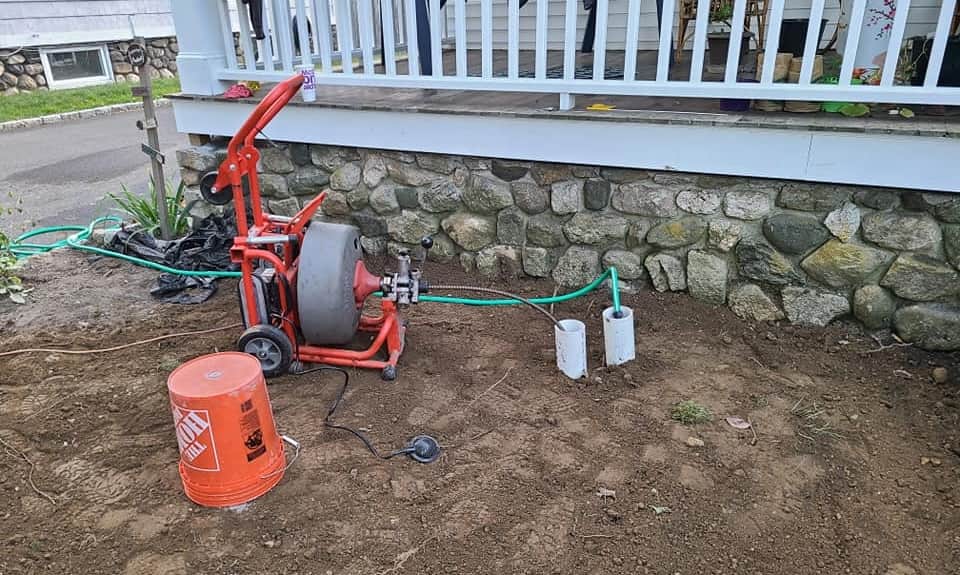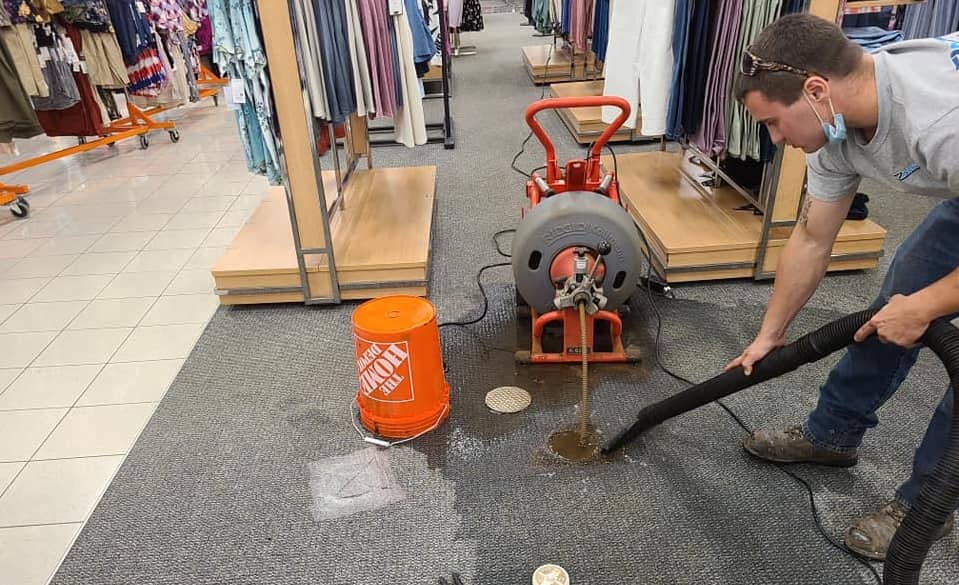Managing multiple slow drains in your home can be both bothersome and inconvenient. To effectively address this issue, it’s important to pinpoint the potential causes behind the sluggish drainage in sinks, bathtubs, and showers, and then implement practical solutions. Identifying these reasons is key to restoring smooth and efficient drainage throughout your home.
In the following sections, we’ll delve into both the causes of slow drainage issues and the effective solutions to tackle them, ensuring your plumbing system functions optimally.
Identifying the Scope of the Issue
Determine the scope of the issue before focusing on particular remedies. Make a list of all the places in your house with poor drainage as you stroll about. Prioritizing and addressing the most critical issues will be easier if you comprehend the extent.
Common Causes of Multiple Slow Drains
Clogs in the Drain Pipes
One of the leading causes of multiple slow drains in home can be problems with the plumbing system’s ventilation. Airlocks in the pipes can be avoided, and optimal water flow can be maintained when there is inadequate ventilation. Water finds it challenging to drain when there is insufficient ventilation, resulting in gurgling sounds, unpleasant odors, and slow drainage in different fixtures.
Issues with Ventilation
Multiple slow drains in home may result from ventilation issues with the plumbing system. Maintaining ideal water flow requires preventing airlock in the pipes. Water cannot drain properly when the airlock develops, leading to gurgling sounds, disagreeable odors, and slow drainage in various fixtures. Poor ventilation is frequently caused by damaged, clogged vent pipes and improper installation; a licensed plumber is typically required to find and address these issues.
Tree Roots Intrusion
Tree root incursion is a common and challenging cause of multiple slow drains and frequent backups in home plumbing systems. These roots can invade sewer pipes in search of water, leading to clogs that obstruct proper drainage. This issue is especially prevalent in older homes with aging pipes, where tree roots find easy entry through pipe joints or fractures.
Faulty or Outdated Plumbing
Several slow drains in the house may be primarily caused by old or defective plumbing. Pipes deteriorate with age from rust, corrosion, and wear, which lowers their effectiveness. A plumbing system with inadequate venting may make it difficult for water to flow freely. Pipes in some older homes may be composed of materials like cast iron or galvanized steel, which are prone to corrosion and degradation.
DIY Solutions for Multiple Slow Drains
Homemade Drain Cleaners
To decompose organic items in the pipes, combine vinegar and baking soda. After pouring the liquid down the drain and letting it sit for half an hour, rinse with hot water. As necessary, repeat.
Regular Maintenance
Adopt regular maintenance procedures to avoid obstructions in the future. Keep hair and debris out of drains by using drain screens, and regularly use hot water to wash out small buildups.
When to Seek Professional Help
Knowing when to seek expert assistance for persistent slow drains is crucial. If do-it-yourself fixes don’t resolve the issue or if you suspect a more significant plumbing problem, it’s time to consult a licensed plumbing drainage specialist. Signs that professional help is needed include repeated blockages, gurgling noises, unpleasant odors, and multiple slow drains. A plumber can conduct a comprehensive examination to identify the underlying problem, implement effective solutions, and prevent further water damage, ensuring the continued functionality of your plumbing system. Don’t hesitate to seek professional help for complex or ongoing drainage issues in your home.
Preventive Measures for Future Slow Drains
It’s crucial to solve present problems as well as prevent slow drains in the house. By using preventative measures, you may significantly lower the probability of running into drainage issues later on in your home. The following comprehensive preventive actions will keep your drains operating efficiently:
Install Drain Screens
Drain screens physically keep hair, soap residue, and other detritus out of the drain pipes. Install drain screens in showers, tubs, and sinks. Select fine-mesh screens to trap even the tiniest particles without obstructing water flow.
Regular Maintenance Routine
Establishing a regular maintenance programme keeps your pipes free of any clogs and aids in flushing away small buildups. To guarantee continued effectiveness, adhere to a standard plan, such as doing maintenance once a month or once a quarter.
Professional Inspection
Regular expert plumbing inspection services can spot problems before they become serious, sparing you from future hassles and expensive repairs. Consider doing yearly or bi-annual inspections if you own an older property with an aging plumbing system.
Mindful Disposal Practices
The buildup of materials that cause blockages in your drains may be avoided by being careful about what you put them down. Inform family members of correct disposal techniques and forbid the downing of non-biodegradable materials down sinks.
Upgrade Plumbing Fixtures
Replacing outdated, inefficient water fixtures with more contemporary models benefits the environment and extends the life and effectiveness of the plumbing in your home. Maintain your plumbing system operating at peak efficiency by keeping up with the newest water-saving innovations and considering periodic improvements.
Achieving Plumbing Harmony: Concluding Thoughts
Slow drains in house might be challenging, but the issue can be resolved successfully with the appropriate solutions and a systematic approach. You may guarantee proper drainage throughout your home by determining the underlying problems, implementing do-it-yourself solutions, and understanding when to call a specialist. Remember to implement preventative steps to avoid running into slow drains later.
Only two of the problematic plumbing problems that Rapid Rooter of Connecticut specializes in clearing are tree root incursion and stubborn blockages. Our skilled experts use state-of-the-art equipment and knowledge to identify and fix slow drain issues quickly. You can rely on us to provide effective solutions that maintain the smooth operation of your plumbing system and guarantee a hassle-free household.


